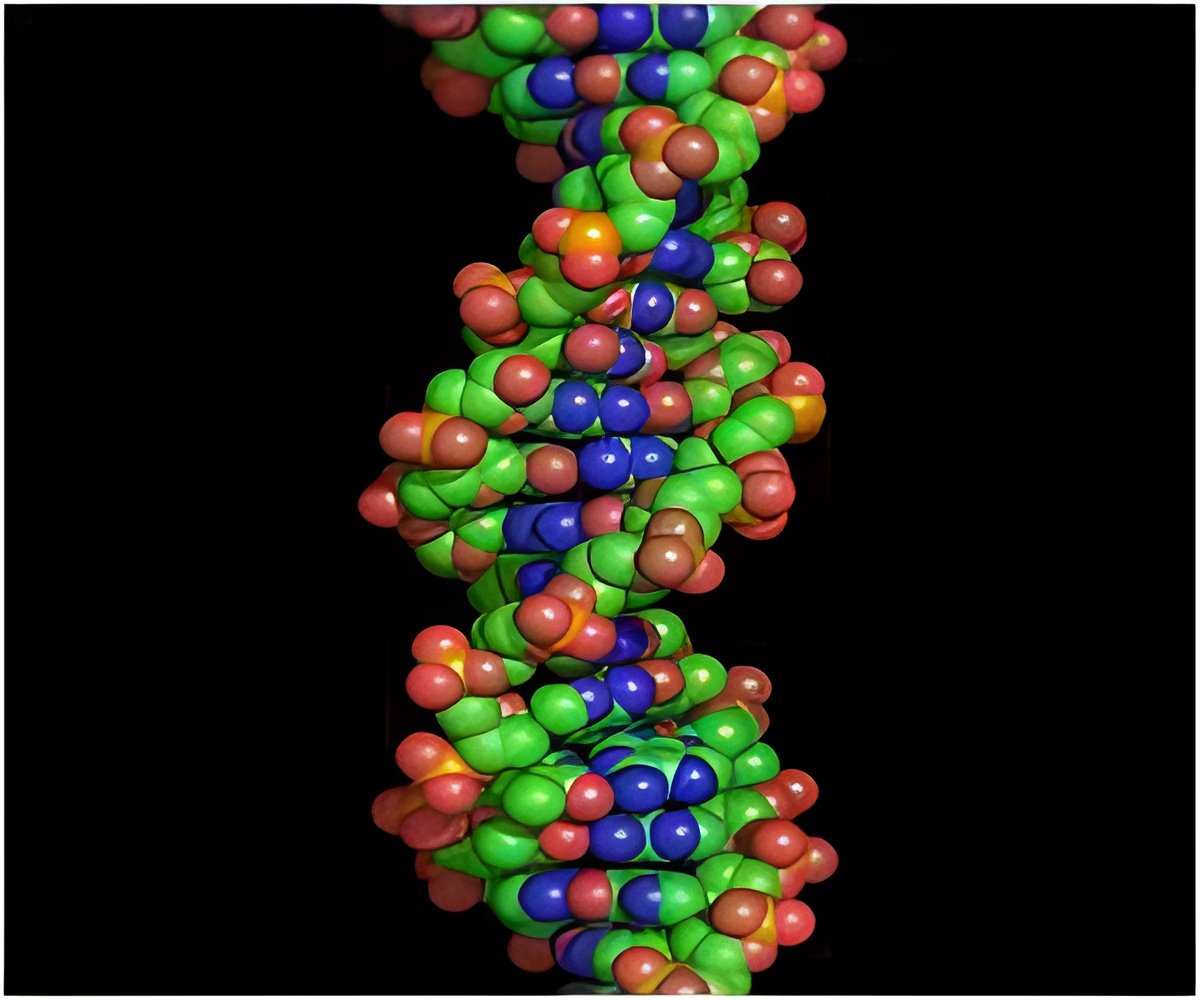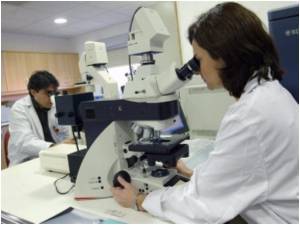Researchers at UCLA tried a new approach to understand the genetics behind bipolar disorder.

The results are published in the Feb. 12 edition of the journal JAMA Psychiatry.
A severe mental illness that affects about 1 to 2 percent of the population, bipolar disorder causes unusual shifts in mood and energy, and it interferes with the ability to carry out everyday tasks. Those with the disorder can experience tremendous highs and extreme lows — to the point of not wanting to get out of bed when they're feeling down. The genetic causes of bipolar disorder are highly complex and likely involve many different genes, said Carrie Bearden, a senior author of the study and an associate professor of psychiatry and psychology at the UCLA Semel Institute for Neuroscience and Human Behavior.
"The field of psychiatric genetics has long struggled to find an effective approach to begin dissecting the genetic basis of bipolar disorder," Bearden said. "This is an innovative approach to identifying genetically influenced brain and behavioral measures that are more closely tied to the underlying biology of bipolar disorder than the clinical symptoms alone are."
The researchers assessed 738 adults, 181 of whom have severe bipolar disorder.They used high-resolution 3-D images of the brain, questionnaires evaluating temperament and personality traits of individuals diagnosed with bipolar disorder and their non-bipolar relatives, and an extensive battery of cognitive tests assessing long-term memory, attention,inhibitory control and other neurocognitive abilities.
Approximately 50 of these measures showed strong evidence of being influenced by genetics. Particularly interesting wasthe discovery that the thickness of the gray matter in the brain's temporal and prefrontal regions — the structures that are critical for language and for higher-order cognitive functions like self-control and problem-solving — were the most promising candidate traits for genetic mapping, based on both their strong genetic basis and association with the disease.
Advertisement
The individuals assessed in this study are members of large families living in Costa Rica's central valley and Antioquia, Colombia. The families were founded by European and native Amerindian populations about 400 years ago and have a very high incidence of bipolar disorder.The groups were chosen because they have remained fairly isolated since their founding and their genetics are therefore simpler for scientists to study than those of general populations.
Advertisement
"This suggests that even if the specific genetic variants we identify may be unique to this population, the biological pathways they disrupt are likely to also influence disease risk in other populations," Bearden said.
The researchers' next step is to use the genomic data they collected from the families — including full genome sequences and gene expression data— to begin identifying the specific genes that contribute to risk for bipolar disorder. The researchers also plan to extend their investigation into the children and teens in these families. They hypothesize that many of the bipolar-related brain and behavioral differences found in adults with bipolar disorder had their origins in adolescent neurodevelopment.
Source-Eurekalert









